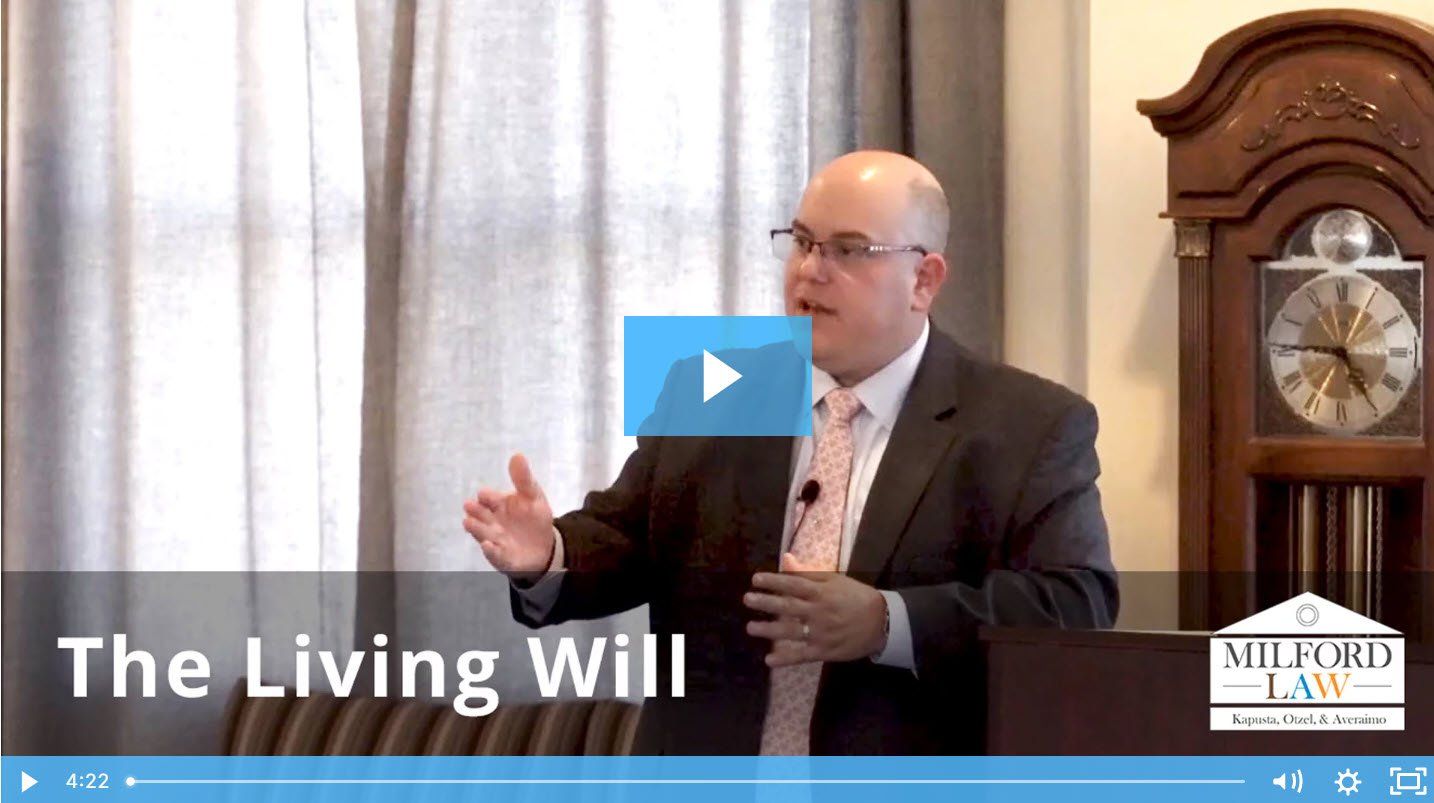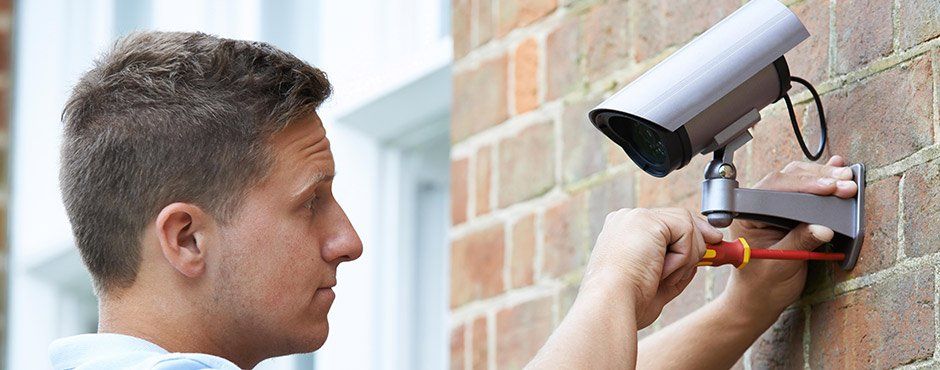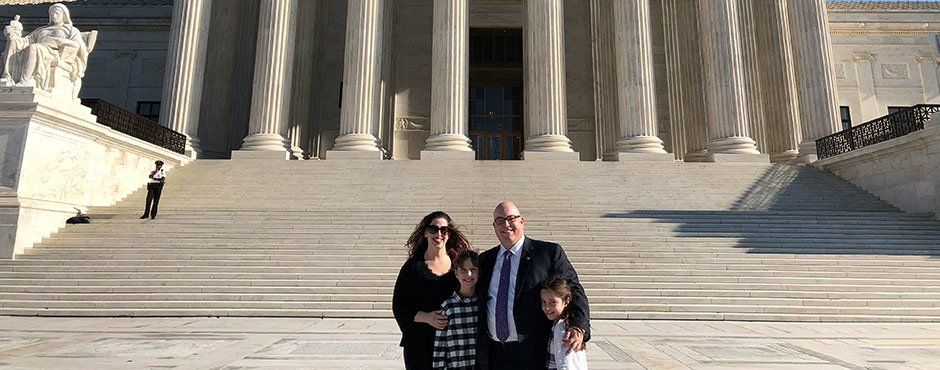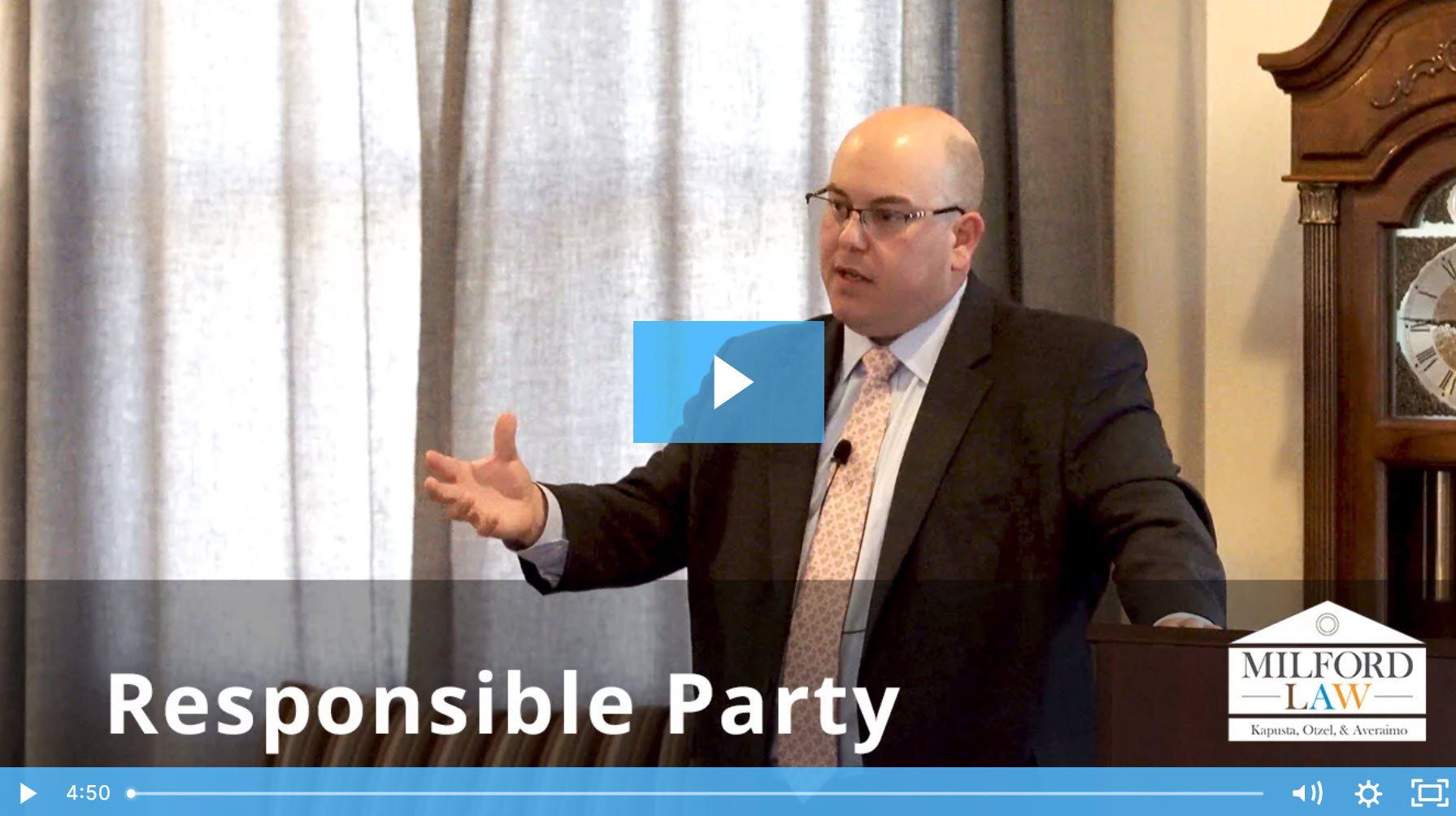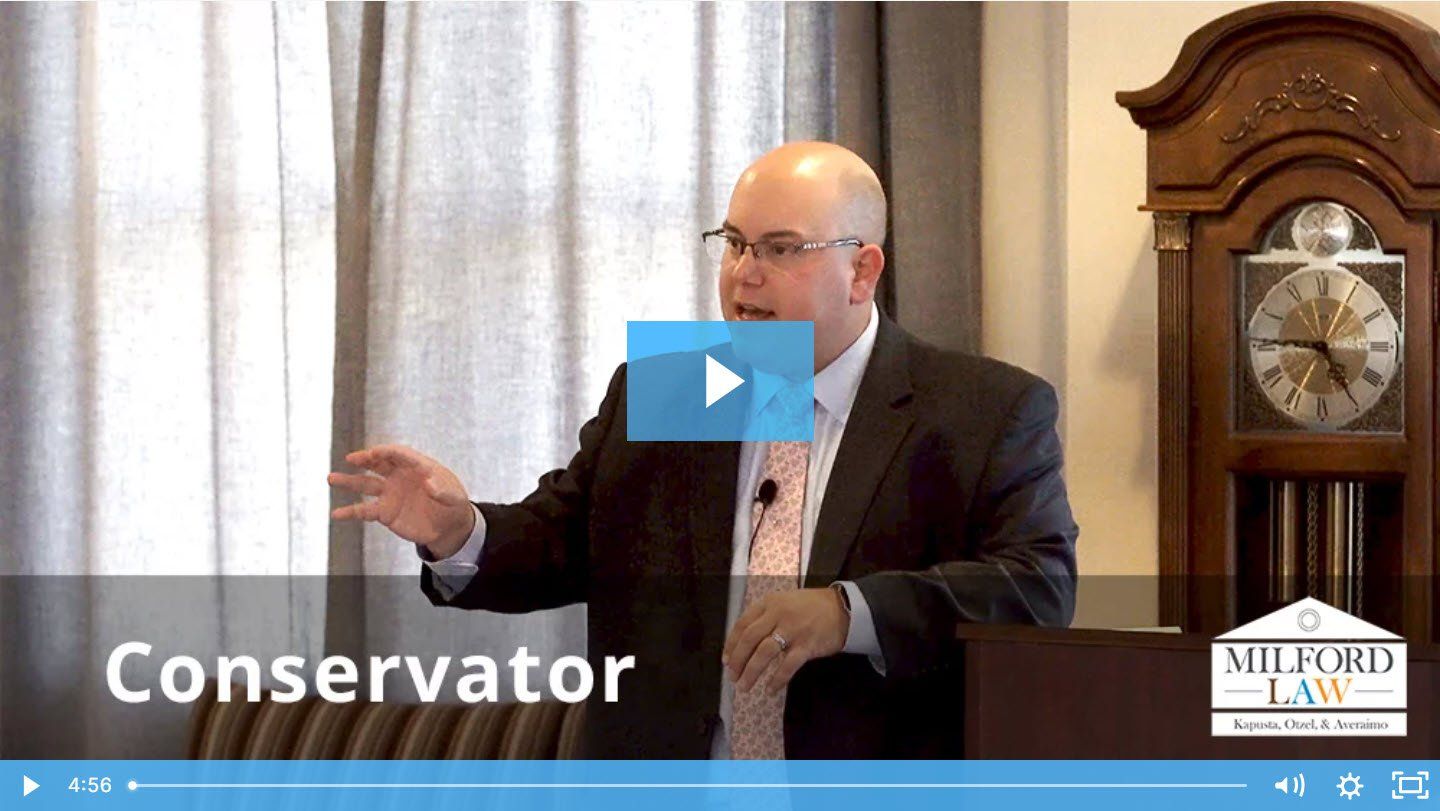Expectation of Privacy with Smart Phone Use
Many believe that the government’s ability to tap into this information in a criminal matter is a violation of the United States Constitution if a proper warrant is not obtained first.
I was admitted to the United States Supreme Court on November 29, 2017. This means I can now appear before the Justices of the Court and argue a case. I am proud to be admitted to the highest court in the land. While I was there I heard oral arguments relating to records revealing the location and movements of a cell phone user for a long periods of time and whether there is an expectation of privacy to such information in the course of a criminal investigation.
As we have seen recently through Facebook CEO Mark Zuckerberg’s testimony to Congress, technology and one’s privacy, expectation of privacy whether civil or criminal, is a big concern. Due to technology used by our iPhones, Androids, Amazon Echo, Google Home, Apple HomePod and even Facebook, many are beginning to realize that their every move can be monitored or stored and used by the technology company.
Many believe that the government’s ability to tap into this information in a criminal matter is a violation of the United States Constitution if a proper warrant is not obtained first. Service providers like Facebook, Verizon, Amazon, etc. are handing this information and cooperating with the government in matters such as these . One school of thought is that probable cause is needed or there is an expectation of privacy to this information and the proper legal channels must be exhausted before a vendor can turn this information over to an enforcement agency or other independent party. Others argue that anyone using these products should know about the ease in which certain information can be obtained and therefore no reasonable expectation of privacy exists. In other words, they should know that their information and movements are already out in the “technological web.” To a certain extent it appears that the United States Supreme Court will address this issue.
Milford Law Articles



